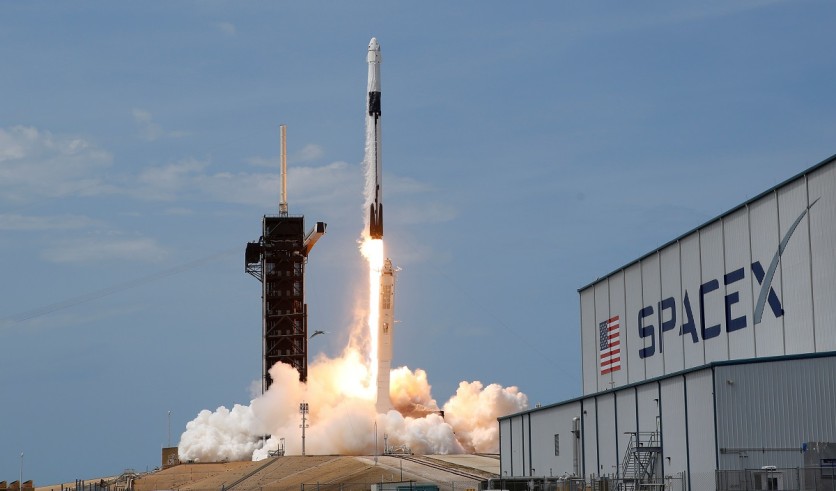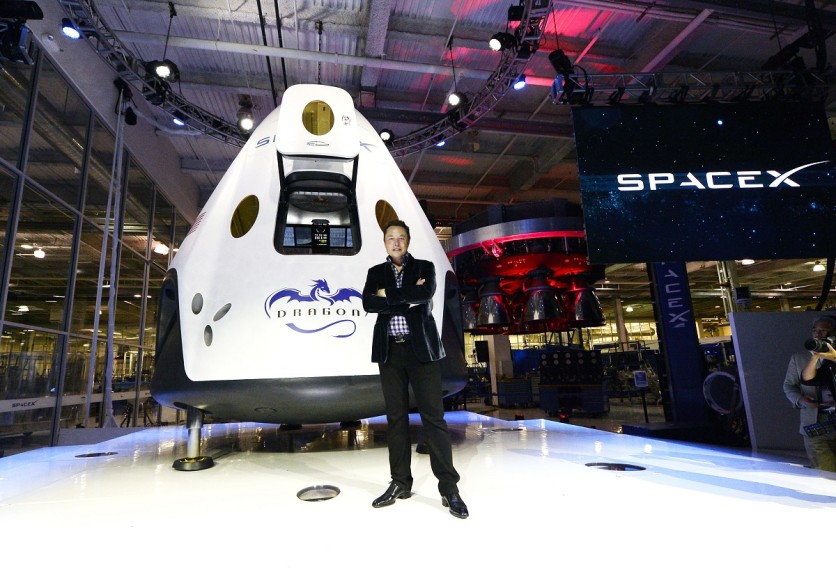SpaceX CEO Elon Musk vowed to bring a million humans to Mars by 2050, which means he would need to bring 300 people daily to build his Martian colony.
However, Musk said he would need to have a fleet of 1,000 ships to sustain a city. As The Sun reported, the Hawthorne, California-based company is seeking for various safety and engine tests to get the rocket ready for the orbital Starship test flights in 2021.
While the interior and cabin are not yet significantly developed for passengers, Musk said they need to make the Starship work first before they go into the details.

The Starship rocket he is currently testing will be used to carry humans to Mars soon .it is fully reusable and allows long-distance journeys through space. Although SpaceX has not yet built a completely functioning Starship, Musk said they aim to build 1,000 rockets within 10 years or 100 rockets every year at the company's South Texas facility.
The CEO continued saying that SpaceX will launch 1,000 Starship flights to Mars every year or about three flights per day to reach its target of 1 million. Each trip will have 100 humans or 300 in total for three trips who will eventually become citizens of the Martian city they will eventually build.
Meanwhile, aside from the 100 passengers, Musk did not specify what each rocket would carry, although it is assumed that fuel, water, food, and life support systems are included.
Also, it is still unsure what humans would do in the Martian city, but Musk tweeted: "There will be a lot of jobs on Mars!"
Read also: Experts Think Starlink's Speeds Are Not Enough to Bag $16 Billion FCC Deal
Human to Mars: Carrying humans to Red Planet is not the hardest part
Musk noted that bringing people to the Red Planet is not the difficult part, but building a self-sustaining Martian city. "The fundamental issue is building a base, building a city on Mars that is self-sustaining," Musk said during the Humans to Mars summit. He then went into details of assembling a propellant plant and building Mars Base Alpha, the initial Mars base, which would help reach a "point where it's self-sustaining."

However, Musk warned that the trips to Mars will be highly risky, particularly with the early stage, as there is a "good chance" for people to die in the process.
"I want to emphasize that this is a very hard and dangerous difficult thing. Not for the faint of heart," Musk noted. He added that while it will be tough, "it will be pretty glorious if it works out."
As an orbital flight means the trip is only viable once every two years, SpaceX must be able to provide all the needs of the colonizers during their stay in the megacity.
Nevertheless, Musk said that SpaceX is currently making good progress, compared in 2019 when there was nothing. Musk said that Starship's progress is delayed by the production system, but since the company already got a lot of production capability, they are making more ships at a really fast pace.
Read also: "The Rich Will be Superior": Here Are 5 Fears About Elon Musk's Neuralink
This is owned by Tech Times
Written by CJ Robles
ⓒ 2025 TECHTIMES.com All rights reserved. Do not reproduce without permission.




